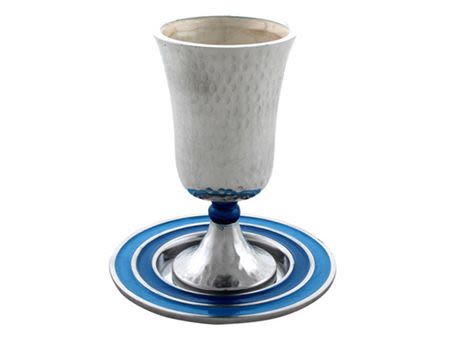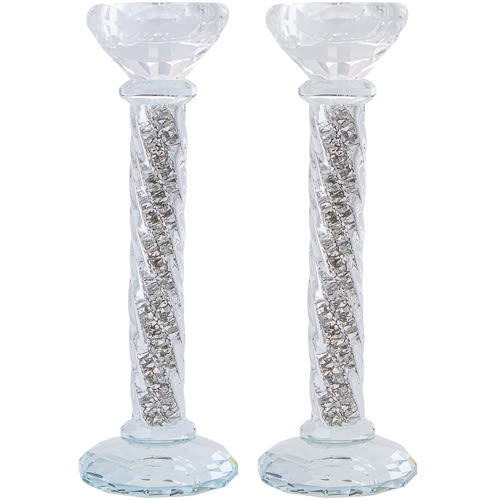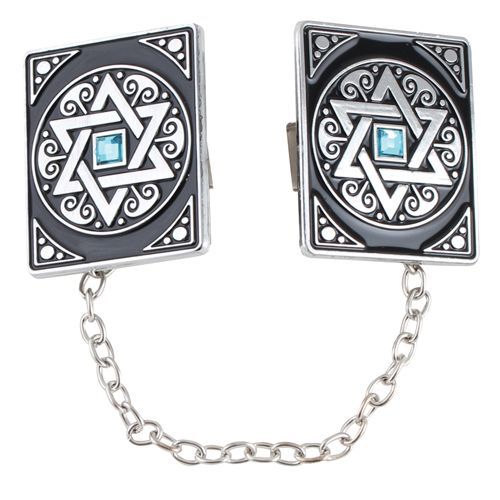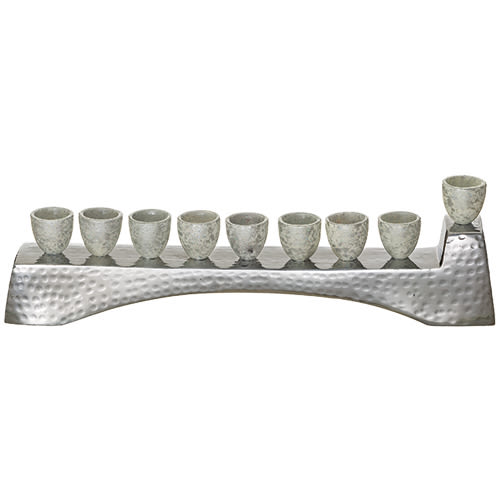
Vayikra: Success and Humility
The Olah, or burnt offering, is so important that it has the honor of being the very first sacrifice mentioned...

"And the Kohen (Priest) shall burn all of it on the altar, a burnt-offering a fire-offering, a pleasing aroma to God" (Vayikra 1:9).
The Olah, or burnt offering, is so important that it has the honor of being the very first sacrifice mentioned in Vayikra, the book of Leviticus. We therefore must ask ourselves, what's so special about the Olah, and what is its underlying message for all generations?
* * *
The King's Cabernet wines were the best anywhere. The rich brown soil of the sun-drenched royal vineyards yielded plump, premium wine grapes that surpassed those of the world's most famous chateau plantations. The King's wines were not for sale; they were given as rewards to those fortunate few who served the benevolent monarch with extraordinary dedication.
The King made one stipulation with those whom he honored – they must bring there own perfectly clean oak-hewn cask. Without it, they could not claim their prize.
For twenty years, the King's personal valet had served his master faithfully and steadfastly. On the occasion of a royal banquet in honor of the King's birthday, the monarch decided to pay a special tribute to his trusty servant. The King wanted all his subjects to see how even a simple servant could attain – with dedication – the prestige that's normally reserved for noblemen.
The valet prepared an empty oak cask for his regal prize. The cask was clean, but it still had the musty aroma of the peasant wine that the he was accustomed to drink. "This cask is not yet fit for royal wine," said the King, "it's clean, but its strong aroma will overcome the delicate bouquet of my royal wine. We can't allow that!"
"Then what must I do, Your Majesty?" asked the valet.
"Take the cask apart, plane and sandpaper each stave until it's perfectly smooth, clean, and devoid of any trace of other wines. Then, leave the staves to dry and sweeten in direct sunlight for a week, reassemble the keg, and you'll have a perfect vessel for my wine," said the King. "If my wine is mixed with anything else – even the slightest hint of a foreign wine – then it could conceivably cause you harm. But, when you drink it in its intended purity – it will benefit you!"
The faithful valet fulfilled the King's instructions to the letter. A week later, he presented his perfectly clean cask to the King, who filled it with the rare-vintage royal Cabernet. Throughout the kingdom, everyone spoke of the faithful valet, the individual of utter simplicity who earned the King's most prestigious award.
* * *
Rashi, in his elaboration on our passage at hand, explains that the Olah must be sacrificed completely in the name of God, devoid of any personal or ulterior motives. Our sages learn that the Torah's commandment to burn "all of it on the altar" means that the Kohen receives no part of this type of sacrifice for himself, and is required to burn the entire Olah on the altar.
Rebbe Nachman of Breslev explains (Likutei Moharan I: 4.7) that being praised can be dangerous, in that it's liable to bring a person to arrogance. Yet, when a person nullifies him/herself before God to the point of a nonentity, and attributes all of his or her successes to God's blessing and divine assistance, then hearing one's praise won't be detrimental at all.
In the above parable, the King's wine, the royal reward to those who serve the King with dedication, is symbolic of praise and success. The King's requirement of a perfectly clean cask, free of any foreign aroma or substance as a vessel befitting the royal wine, symbolizes a Kohen devoid of ego and self-interest. As such, the King's "wine", or the prestige and success that's given the Kohen, won't be harmful. But, when the "valet", the King's servant and symbolic of the Kohen, fails to sufficiently clean his "cask" (his symbolic self), he must plane and sandpaper the staves. Cleaning the cask – an allusion to nullifying one's ego – is the prerequisite to enjoying the wine. In like manner, when a person nullifies himself before God, then praise, prestige, or success isn't harmful.
In the case of the Olah, or burnt offering, God's commandment to the Kohen is much the same: Since the members of the priestly clan normally enjoy status, power, and wealth, they could easily slip into arrogance. As such, the Torah commands them first and foremost to perform the sacrifice of the burnt-offering, the Olah, which is burned completely on the altar.
As opposed to other types of sacrifices where the Kohen is rewarded with specified portions of the meat, in the case of the Olah, the Kohen derives no personal gain. He can therefore perform this type of sacrifice with no self-interest or ulterior motive other than bringing gratification to God. By way of the Olah, the Kohen gains a unique opportunity to put his ego and self-interests aside, and to serve God selflessly. In essence, the Kohen must appear before God with a "clean cask", a selfless spiritual vessel capable of holding the spiritual abundance of God's divine light.
Also, the Kohen must realize that his success – his privilege to serve as a priest in the Beit HaMikdash – is not by virtue of his own talents and aptitudes, but as a gift from God, who brought him into the world as a member of the priestly clan.
The Olah's underlying message to all of us in all generations is twofold: First, that we should perform all our mitzvot like burnt offerings, with no ulterior motives. Second, we must accept success with emuna, with faith, and nullify our egos just as completely as the carcass of the Olah that's burnt on the altar, realizing that success comes from God. In such a manner, success is beneficial to our souls.
Rav Shalom Arush, may God bless him with long and happy days, explains that emuna goes hand in hand with bitul, nullifying the ego. A person with complete emuna attributes everything to God, especially successes. When he or she succeeds, they don't boast about their own powers and abilities, since they know that their success is a result of God's blessing. Therefore, a person with emuna doesn't despair because of a setback, for they know that once they've tried their best, failure and setbacks are God's will. Consequently, the ego doesn't suffer when it subjugates itself to emuna.
Thus, in according to Rebbe Nachman's aforementioned principle and Rav Shalom Arush's explanation, if we attribute our successes – even in the slightest – to ourselves, then we resemble those that would put the King's wine in an unclean cask; that way, success – the King's wine – is detrimental to us, for success without bitul, the nullification of the ego, leads to arrogance. In such a case, God often withholds success – His prize "wine" – because we haven't yet cleaned our casks of egotism. God doesn't want to give us anything that would be detrimental to us, and he certainly doesn't want us to be arrogant.
The more we discard ego and self-interest, the more God grants us success, since we become fitting vessels for God's divine light, the spiritual source of all success.
May God return the daily sacrifice of the Olah to the rebuilt Beis HaMikdash, to the Holy Temple in Jerusalem, so we can all learn to serve Him selflessly and with dedication, speedily and in our time, amen.












Tell us what you think!
Thank you for your comment!
It will be published after approval by the Editor.